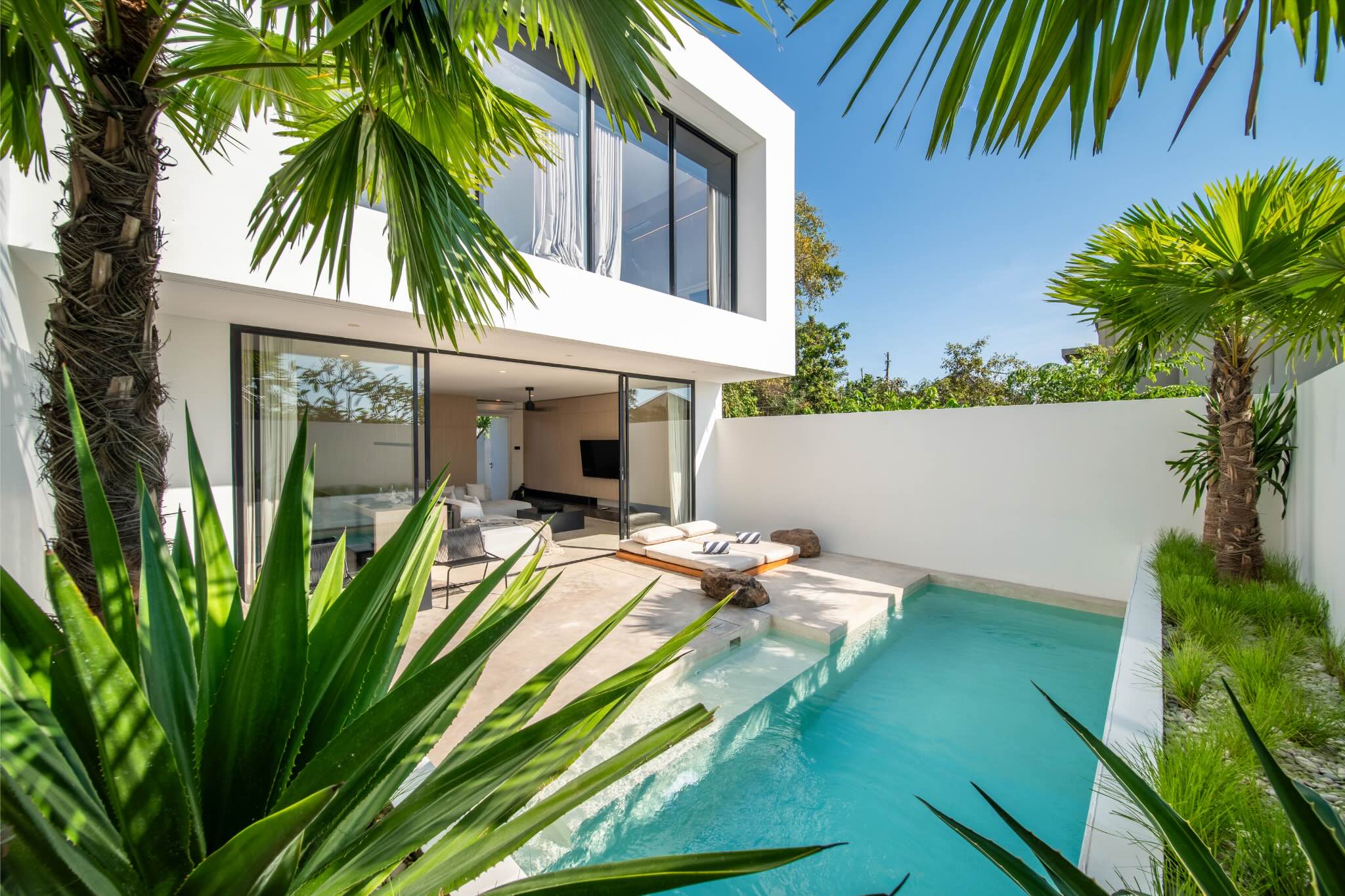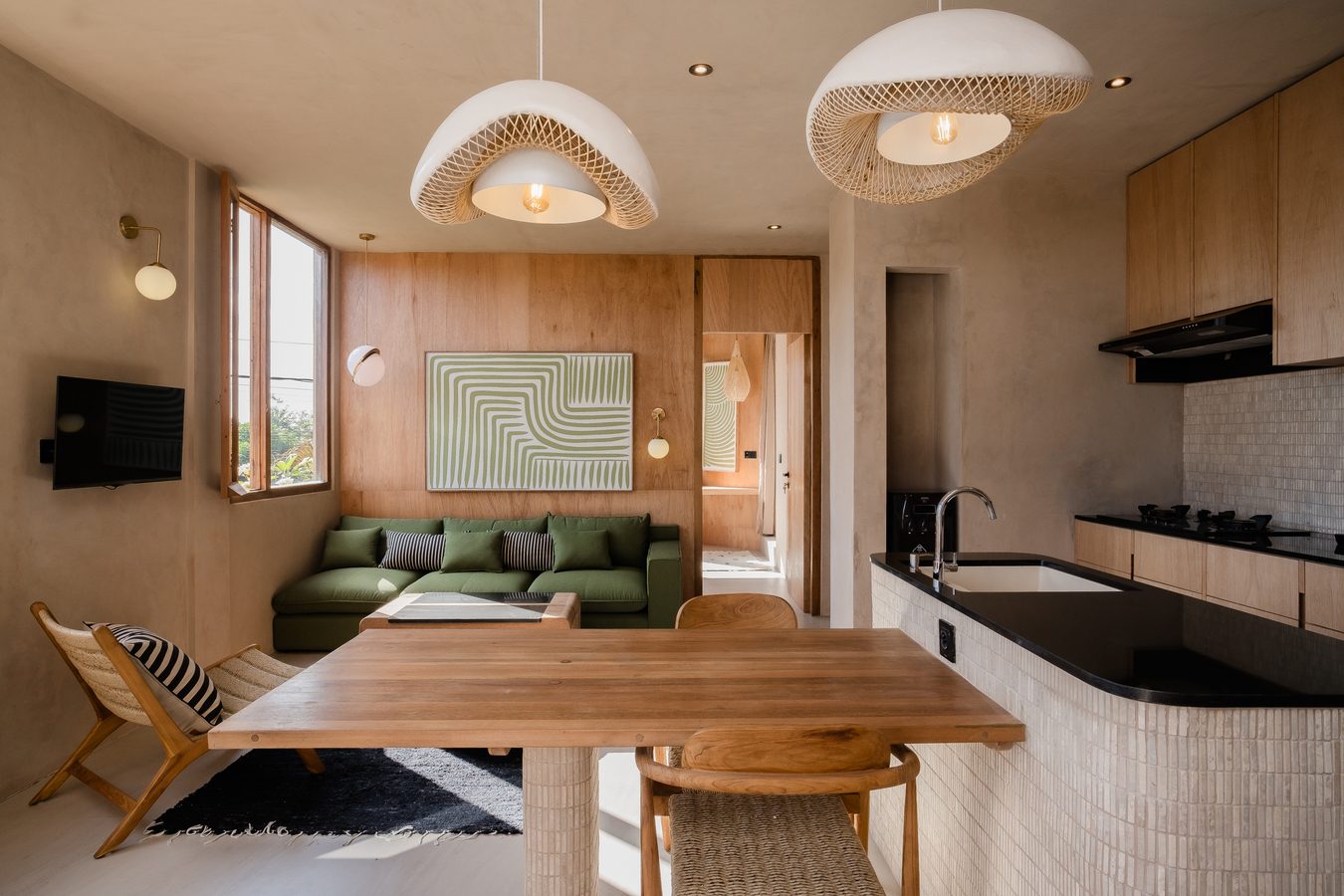17 November 2025
Essential Steps Before Building Your Villa in Bali
3 Minutes Read

Choose the Right Land: Location, Zoning & Ownership

- Accessibility and Infrastructure: Make sure the land has a proper access road, water, and electricity connection.
- Surroundings: Check if the area is quiet or busy, and whether it aligns with your villa’s purpose (private or rental).
- Zoning (ITR): Always verify the land’s zoning classification. Only certain zones, such as residential or tourism zones, allow villa construction. Avoid “green zone” land, which is strictly for agricultural use.
Understanding Land Ownership Rules

- Leasehold (Hak Sewa): This is the most common method, where foreigners lease land for a specific duration (usually 25–30 years) with the possibility of extension.
- Right to Use (Hak Pakai): This allows foreigners to use land for residential purposes under certain conditions.
- Foreign-Owned Company (PT PMA): By setting up a PT PMA, you can acquire land through “Hak Guna Bangun” (Right to Build).
Koskaki guides these ownership options, helping investors choose the most suitable structure based on their goals. Whether you’re buying for personal use or building multiple villas for rental, legal clarity ensures your project remains secure.
Securing Legal Permits

The permit process includes submitting your design and land documents for government approval, which may take several weeks or months, depending on the project. Working with experienced local architects and licensed contractors ensures compliance with Bali’s regulations, helping you save time and avoid legal or technical issues later.
Working with Trusted Developers

Companies like Koskaki simplify this process by offering complete assistance, from selecting strategic land to managing design, permits, and construction. Their team ensures that zoning, legal documents, and project management are handled correctly. They also provide insights into rental potential and market value, helping investors plan long-term profitability.
When working with a developer or contractor, make sure to review:
- Previous project portfolio and references.
- Clear construction timeline and milestone-based payment terms.
- Warranty period for building defects.
Planning for Investment or Personal Use

If your villa will operate as a short-term rental, it must be located in a tourism zone and have a commercial license. Setting up a PT PMA may be necessary for business operations. In contrast, if it’s for private use, the process can be simpler but still requires compliance with building regulations.
Turn Your Bali Villa Dream into a Smart Investment with Koskaki!
Building your villa in Bali can be one of the most fulfilling investments you ever make. The island’s beauty, combined with a strong tourism industry, offers unmatched potential. However, success starts with solid planning: selecting the right land, understanding ownership structures, securing the correct permits, and partnering with professionals who know the process inside out.
Start your villa journey the right way, let Koskaki handle everything from land selection to construction, and make your Bali dream a reality today!
Share This Article to :